The Foreign Affairs Council exchanged views on the Russian aggression against Ukraine.
Before the Council discussion, the Foreign Minister of Ukraine, Dmytro Kuleba, shortly addressed EU ministers via video conference, and briefed them about the latest developments on the ground and Ukraine’s current priorities. Ministers reassured him that the EU collective endeavour will continue for as long as it takes.
The Council touched on the EU-Ukraine Summit, which is due to take place on 3 February, and will be the first summit since the start of Russia’s war of aggression, and with Ukraine as a candidate country. Ministers then discussed further EU military support for Ukraine.
Today we reached a political agreement for the 7th tranche of military support with an additional € 500 million, and an additional assistance measure worth € 45 million for the Ukrainian forces being trained by our military training mission EUMAM Ukraine. This brings the total military support under the European Peace Facility to € 3.6 billion.
Josep Borrell, High Representative for Foreign Affairs and Security Policy
Ministers expressed support for Ukraine’s initiative for a just peace, stressing the importance to ensure the broadest possible global support for the initiative, and insist on its key elements: Ukraine’s independence, sovereignty and territorial integrity within its internationally recognised borders, and Ukraine’s inherent right of self-defence against Russia’s aggression.
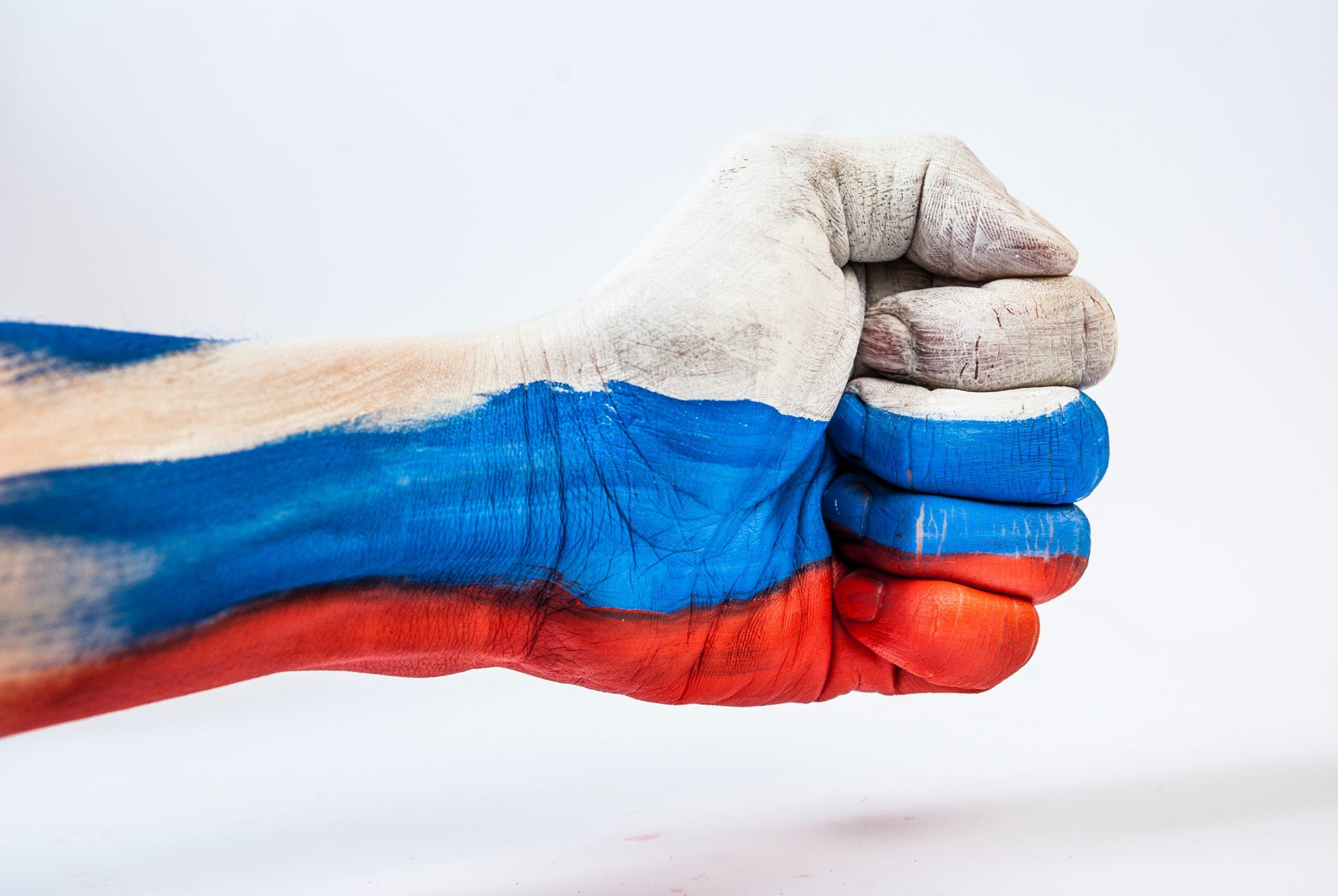
MEPs want special court to try Russian crimes in Ukraine
|
Lastly ministers discussed options for an accountability mechanism. The EU supports the work going on in the United Nations on this matter, including in the context of the UN General Assembly, and stresses the importance of preserving the critical role of the International Criminal Court in international criminal justice.
Ministers expressed large support for establishing an International Prosecutor Office in The Hague as a first step.
Informal exchange with the Palestinian Prime Minister Mohammad Shtayyeh
EU Foreign Affairs Ministers held an informal exchange over lunch with Palestinian Prime Minister Mohammad Shtayyeh on the state of play of bilateral relations and possible ways to enhance them further, working at ministerial level.
Prime Minister Shtayyeh informed ministers of the situation on the ground, and the ongoing tensions. Ministers confirmed the EU support to protecting the viability of the two-state solution, and discussed the importance of a clear timeline towards holding national Palestinian elections and progressing with the Palestinian reform plan.
Sahel and coastal countries of West Africa
The Foreign Affairs Council had an exchange of views on Sahel and the coastal countries of West Africa, confirming that this region remains a priority for the EU in spite of the worsening security and political situation.
Following the decision to establish a new Military Partnership Mission in Niger, which is due to be launched in February 2023, the Council agreed to develop a Crisis Management Concept in order to offer the Coastal states in the Gulf of Guinea concrete engagement and targeted training and support. The EU will also deploy Military Advisors in EU Delegations to guide this effort.
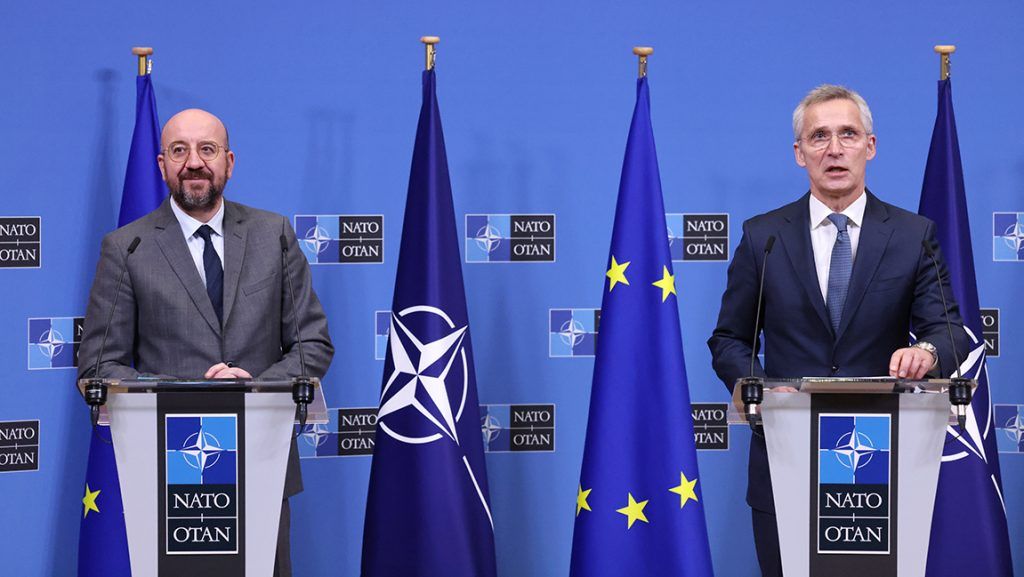
EU and NATO sign a new joint declaration on cooperation
|
Current affairs
The council condemned the brutal repression of protests and executions taking place in Iran, and expressed continued support for the right of Iranians to protest in defence of their fundamental human rights. The Council then added 18 individuals and 19 entities to the list of those subject to restrictive measures in the context of the existing Iran human rights sanctions regime. These include high level figures of the Iranian Revolutionary Guard, media and political personnel.
The Council established a new fully-fledged civilian mission in Armenia (EUMA Armenia), which will have up to 100 staff to observe and report on the situation on the ground, and thereby contribute to human security and confidence building between Armenian and Azerbaijani authorities.
Ministers then discussed the appalling developments in Afghanistan with additional restrictions being imposed on Afghan women and girls. The Council is assessing the implications of these developments, including through existing or additional mechanisms for holding the Taliban accountable for their human rights violations.
Lastly the High Representative briefed the Council on the Serbia-Kosovo* dialogue, and notably the mission to Kosovo* and Serbia of the EU Special Representative for the Belgrade-Pristina Dialogue and other Western Balkan regional issues, together with the US Deputy Assistant Secretary, and the Foreign Policy Advisers of the leaders of France, Germany and Italy, with the objective of continuing discussions on the proposal on normalisation of relations.
The Council also exchanged views on Venezuela, Montenegro and Ethiopia.
*This designation is without prejudice to positions on status, and is in line with UNSCR 1244/1999 and the ICJ Opinion on the Kosovo declaration of independence.
More information: European Council

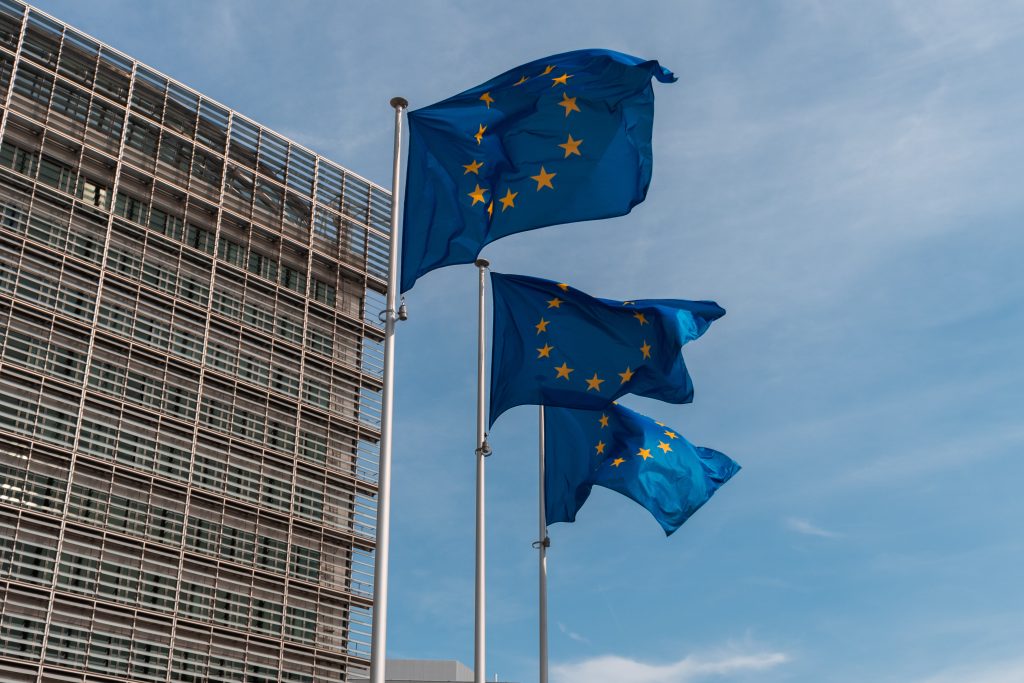

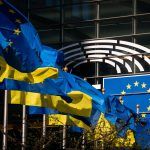

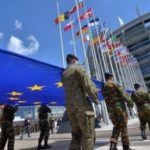
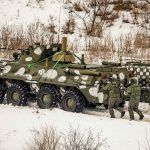
Leave a Reply